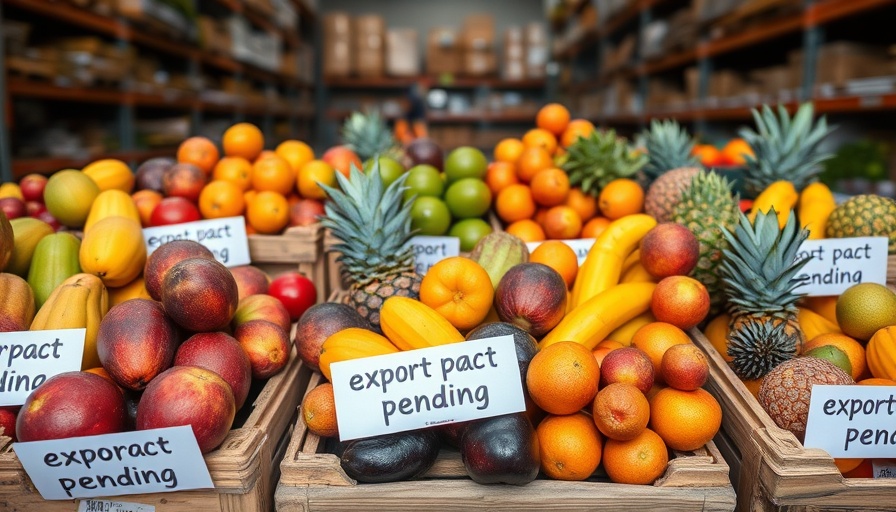
The Alarming Cost of Air Travel in West Africa
West Africa is in dire need of an aviation overhaul, according to Mr. Sédiko Douka, ECOWAS Commissioner for Infrastructure, Energy, and Digitalisation. He recently highlighted that the region's air transport fares are currently the highest in the world. This alarming trend poses significant barriers to the integration of the region, both economically and socially, at a time when connectivity is crucial.
Understanding the Economic Impact of High Air Fares
The implications of high air transport fares extend beyond mere inconvenience. With air travel costs within West Africa eclipsing those of other regions, it is often cheaper for residents to fly to destinations outside their own country rather than commuting to neighboring ECOWAS nations. This not only hinders intra-regional trade but also stifles tourism, limiting economic opportunities across member states. In contrast, North Africa has recorded a growth rate of 40.4% in air transport, further emphasizing West Africa's stagnation of less than 10%.
Comparative Perspectives: Lessons from Other Regions
To appreciate the gravity of the situation, one can draw parallels with Southern and East Africa where growth rates show significant promise—21.4% and 20.5%, respectively. The contrast raises a crucial question: What lessons can West Africa learn from these regions? Experts suggest that policy harmonization among member states, alongside investment in infrastructure and technology, could enhance connectivity, lower fares, and subsequently drive economic vitality.
Reforming Air Transport Policies: The ECOWAS Mandate
Mr. Douka stressed that the ECOWAS leadership recognizes these challenges. The organization has tasked the Commission with the critical responsibility of coordinating and harmonizing national air transport policies, programs, and projects. This initiative aims to rectify the high tariffs and improve the overall air travel experience. Adopting common regulations for passenger compensation is one of the strategies, which could potentially make air travel within the region more appealing and reliable.
The Role of Technology in Shaping Future Aviation
As West Africa grapples with these pressing issues, technology stands out as a pivotal player in reforming the aviation sector. Innovations such as AI and data analytics can enable airlines to optimize operational costs and enhance customer service through more efficient scheduling and real-time updates on flights. As digital transformation gathers pace, regions that leverage these technologies effectively could emerge as new hubs for air travel, fostering greater intra-African connectivity.
Future Predictions: A Roadmap for Improvement
Looking forward, experts urge that enhancing air transportation in West Africa must remain a strategic priority. By investing in smart technologies and robust digital infrastructure, the region could see a transformation that aligns with global trends. Fostering partnerships with international air transport organizations may also provide invaluable insights for modernizing operations and reducing costs.
Taking Action: Your Role in West Africa’s Aviation Journey
What roles can stakeholders, from entrepreneurs to policymakers, play in this transformational journey? Engaging with technology startups focused on smart travel solutions or advocating for governmental support in air transport regulations can catalyze progress. When all stakeholders work collaboratively, they pave the way for an aviation renaissance in West Africa.
As we consider the implications of these high air fares and the urgent need for reform, it's critical that we support initiatives and strategies aimed at improving air transport in the region. The path ahead requires collective action today for a more connected and prosperous tomorrow.
 Add Row
Add Row  Add
Add 




Write A Comment